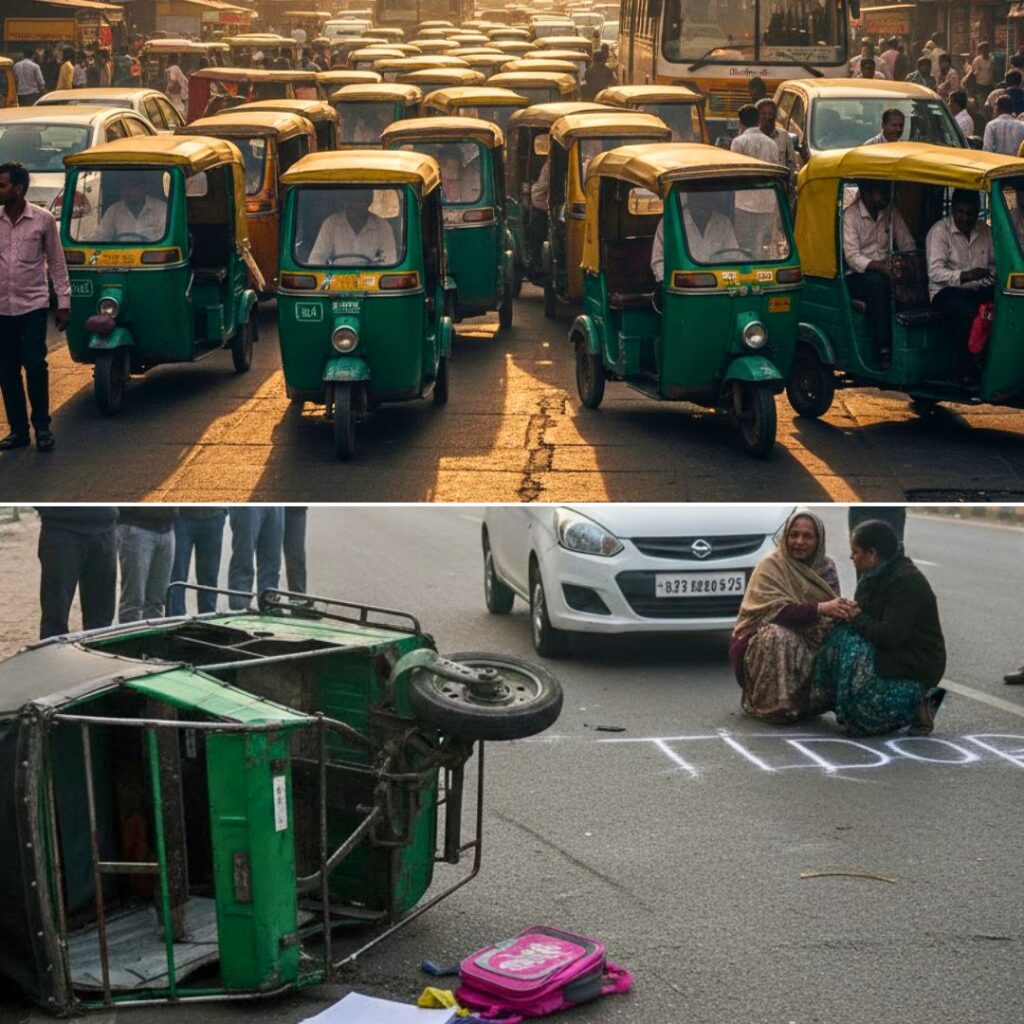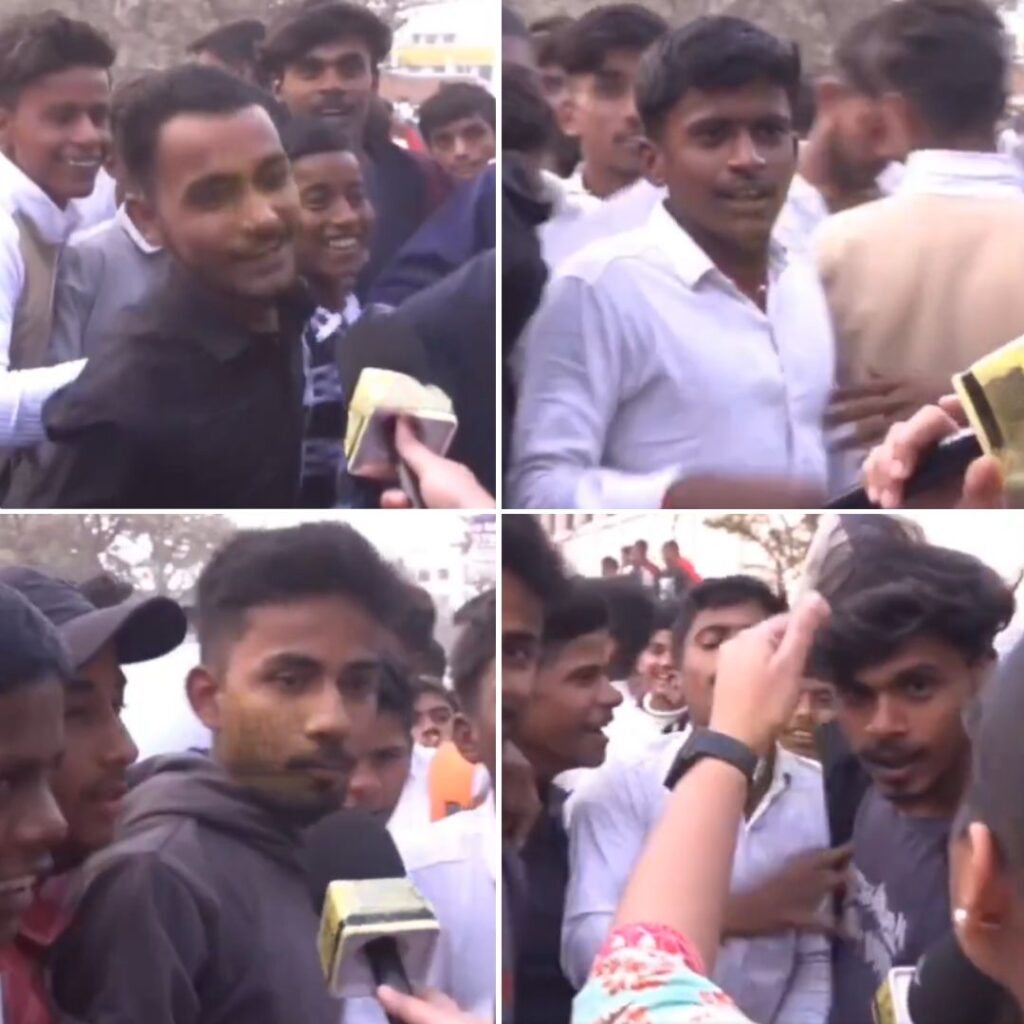Udit Gayaki, a 22-year-old engineering graduate, died after allegedly being brutally beaten by two Madhya Pradesh police constables in Bhopal’s Indrapuri area during a celebration of his job placement. The constables allegedly demanded a bribe of Rs 10,000, and on Udit’s refusal, they assaulted him with sticks, causing severe injuries including a ruptured pancreas.
Despite being rushed to AIIMS Bhopal, he was declared dead on arrival. Both constables, Santosh Bamaniya and Saurabh Arya, are suspended and in judicial custody. The family demands a CBI probe, alleging police brutality and corruption.
Brutal Assault Over Bribe Demand
Udit had returned home after collecting his degree certificate from college and was celebrating his first job offer with friends when two police officers entered the scene. Cinematic CCTV footage shows police chasing and beating Udit while his shirt was removed.
Witnesses described the horrific attack and subsequent vomiting by Udit, leading friends to rush him to hospital. The postmortem report recorded multiple injuries and traumatic haemorrhagic pancreatitis as the cause of death. The family accuses the police of excessive force and demands justice.
Public Outcry and Legal Proceedings
A candlelight vigil was held by students and activists mourning Udit’s death. The involvement of police constables in the fatal assault has sparked outrage and calls for an independent investigation. Family members are sceptical of police-led inquiries due to conflicts of interest and insist on an external probe.
The Madhya Pradesh Congress and opposition leaders have condemned the incident, calling it a sign of deteriorating law and order. Authorities have confirmed the suspension and judicial custody of the accused.
The Logical Indian’s Perspective
Udit’s tragic death demands reflection on the urgent need for police reform, transparency, and respect for human rights. This incident underscores how corruption and abuse of power erode public trust and devastate innocent lives. Building a system where citizens are protected rather than threatened requires collective commitment from authorities, communities, and civil society.












